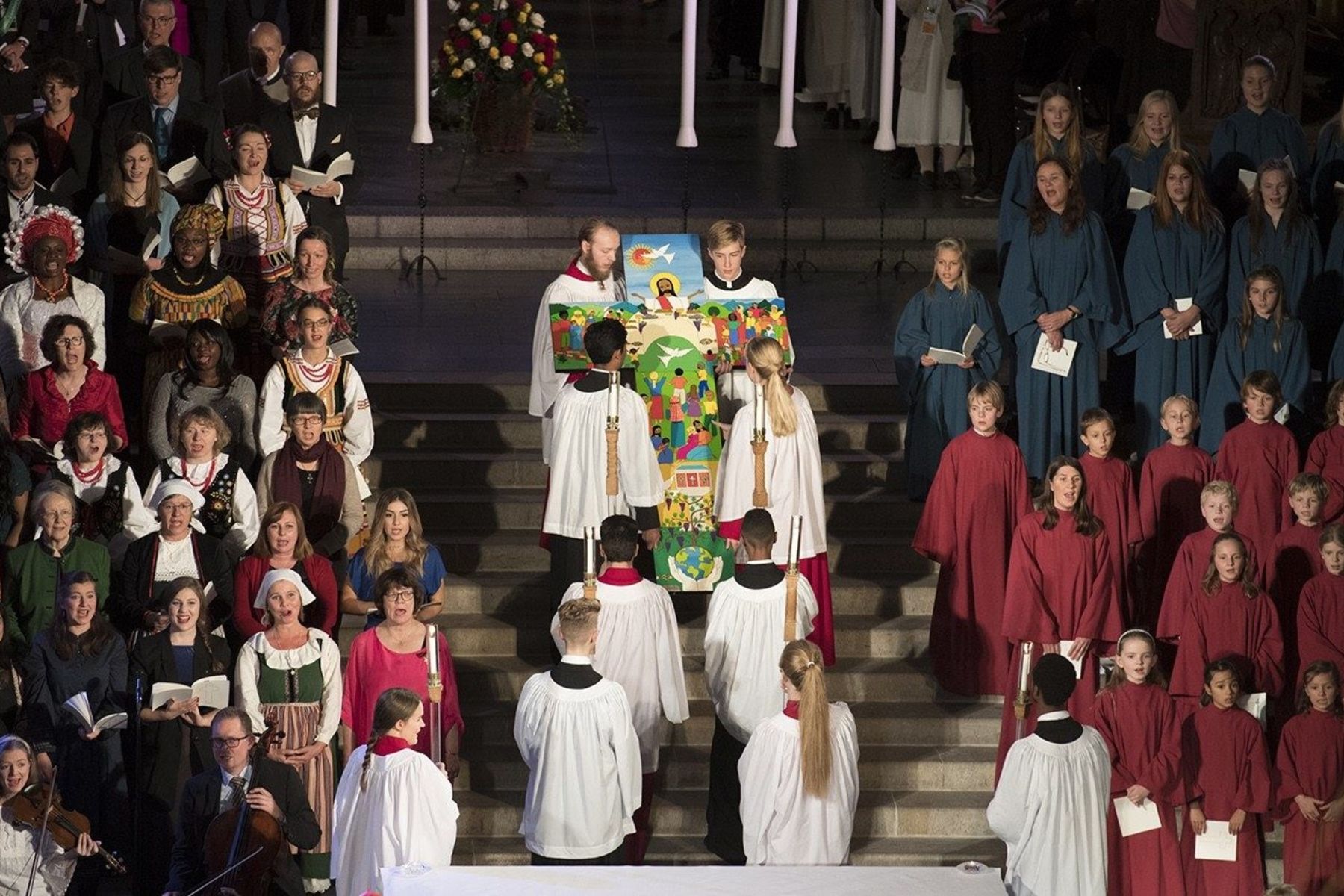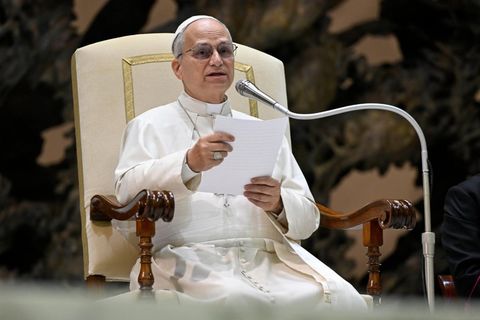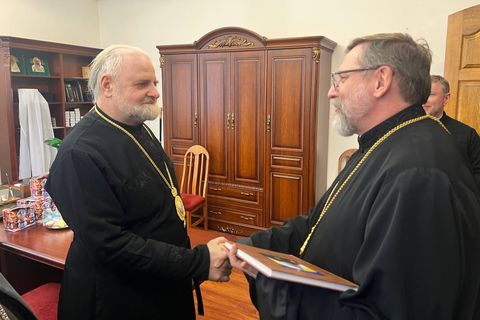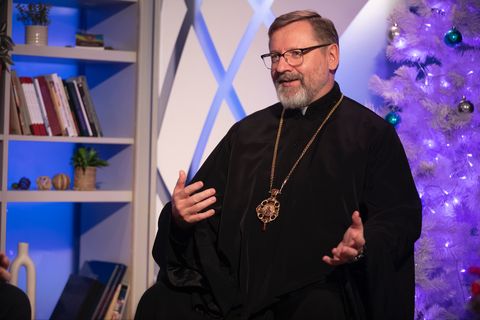Pope Leo: Christians must give shared witness to humanity’s suffering
In his message of greetings to participants in the 2025 Ecumenical Week in Stockholm, Pope Leo XIV reaffirms that “in our world bearing deep scars of conflict, inequality, environmental degradation, and a growing sense of spiritual disconnection,” it is crucial for Christians to continue working and praying together.

“May the Holy Spirit, who inspired the Council of Nicaea, and who continues to guide us all, deepen your fellowship this week, and awaken fresh hope for the unity which the Lord so ardently desires among His followers,” Pope Leo XIV said Fridah, a message sent to the participants in the 2025 Ecumenical Week, taking place this week in the Swedish capital Stockholm.
The faith that continues to bind Christians together
The Pope recalled the Week marks the Centenary of the 1925 Universal Christian Conference on Life and Work, as well as the 1700th anniversary of the First Ecumenical Council of Nicaea, when, in the year 325, Bishops from across the known world gathered in Nicaea.
In affirming the divinity of Jesus Christ, the Holy Father recalled, they formulated our creedal statements that He is “true God from true God” and “consubstantial” (homoousios) with the Father.
Thus, Pope Leo said, “they articulated the faith that continues to bind Christians together.”
Early witness to a conviction
“That Council,” Pope Leo continued, “stood as a courageous sign of unity amidst difference — an early witness to the conviction that our shared confession can overcome division and foster communion.”
The Pope went on to observe that a similar desire animated the 1925 Conference in Stockholm, convened by the pioneer of the early ecumenical movement, Nathan Söderblom, then Lutheran Archbishop of Uppsala. “While the Catholic Church was not represented at that first gathering,” the Pope said, “I can affirm, with humility and joy, that we stand with you today as fellow disciples of Christ, recognizing that what unites us is far greater than what divides us.”
Catholic Church has wholeheartedly embraced the ecumenical path
“Since the Second Vatican Council,” the Holy Father said, “the Catholic Church has wholeheartedly embraced the ecumenical path,” saying that Unitatis redintegratio, the Council’s decree on ecumenism, “called us to dialogue in humble and loving fraternity, grounded in our common baptism and our shared mission in the world.”
“We believe that the unity Christ wills for His Church must be visible,” he said, “and that such unity grows through theological dialogue, common worship where possible, and shared witness in the face of humanity’s suffering.”
Peace is a sign of the Lord’s presence with us
The Pope said this call to shared witness finds powerful expression in the theme chosen for this Ecumenical Week: “Time for God’s peace.”
Pope Leo stressed this message could not be more timely as “our world bears the deep scars of conflict, inequality, environmental degradation, and a growing sense of spiritual disconnection.”
Yet amid these challenges, he reassured them, “we recall that peace is not merely a human achievement, but a sign of the Lord’s presence with us.”
A promise and a task
This, the Pope said, is both a promise and a task, “for the followers of Christ are summoned to become artisans of reconciliation: to confront division with courage, indifference with compassion, and to bring healing where there has been hurt.”
With this sentiment and before concluding in prayer, Pope Leo XIV acknowledged that this mission has grown stronger through recent ecumenical milestones and reiterated the Catholic Church’s commitment to continue the journey of praying and working together.
www.vaticannews.va


